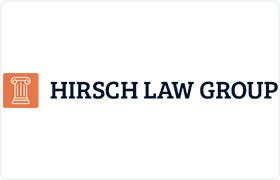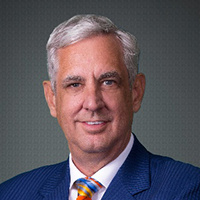Hampshire White Collar Crime Lawyer, Illinois
Sponsored Law Firm
-
 x
x

Click For More Info:
-
Hirsch Law Group
128 N. Scott St. Joliet, IL 60432» view mapCriminal Defense Law We Defend Tough Cases
From simple, petty cases to the most complex criminal charges, we are dedicated to providing aggressive legal services to our clients.
800-878-2530
Donald John Ramsell
✓ VERIFIEDCriminal, Traffic, DUI-DWI, White Collar Crime, Felony
When Everyone Else Is On Your Back, We Are On Your Side
Donald J. Ramsell's interests include golf, Corvettes, the Cubs, travel, and winning cases. Donald J. Ramsell is the only Illinois DUI defense att... (more)
FREE CONSULTATION
CONTACTFREE CONSULTATION
CONTACTScott Lucas
White Collar Crime, Estate, Lawsuit & Dispute, Tax
Status: In Good Standing Licensed: 28 Years
FREE CONSULTATION
CONTACT Gordon H. Hirsch Joliet, IL
Gordon H. Hirsch Joliet, IL Practice AreasExpertise
Practice AreasExpertise

